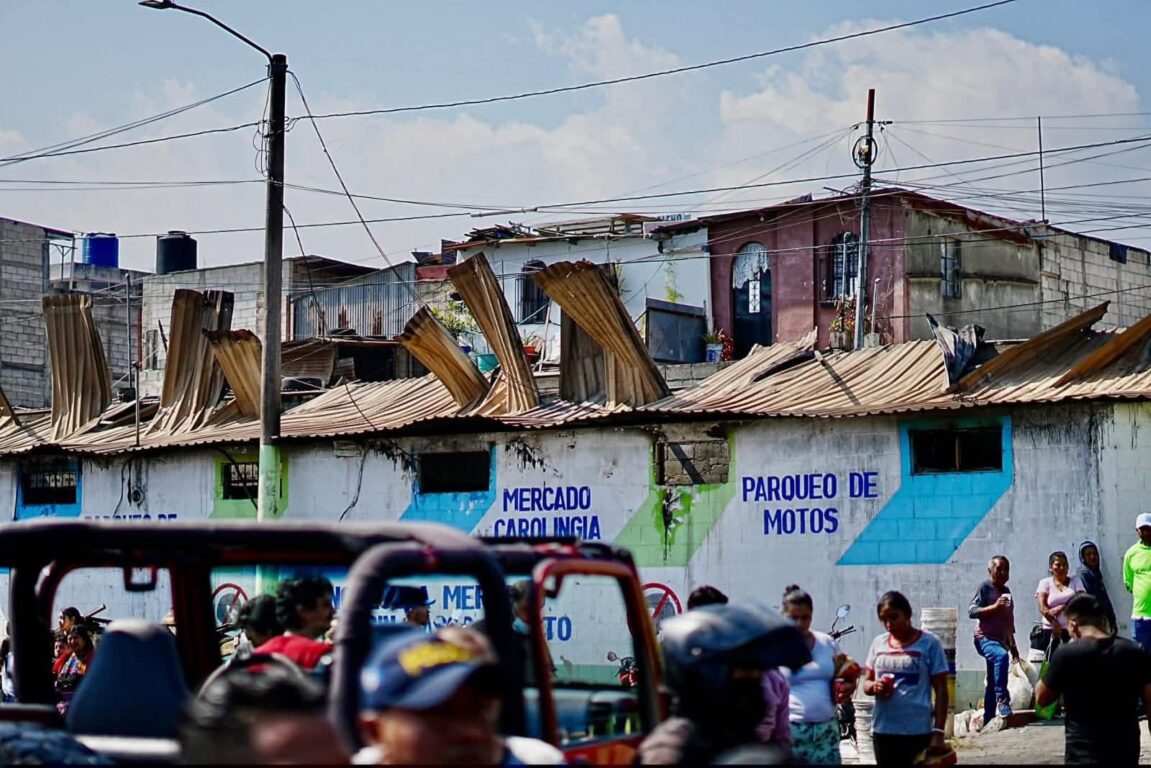On the occasion of International Workers’ Day, CUT-Brazil, StreetNet International and the Gaspar Garcia Centre for Human Rights calls on FIFA to keep its promise to identify "constructive" approaches to urban trading during the 2014 World Cup in Brazil
Writing on the occasion of 1st May, StreetNet International, CUT –Brazil and the Gaspar Garcia Centre for Human Rights urge FIFA to keep its promise to identify "constructive" approaches to urban trading during the 2014 World Cup in Brazil.
"Informal traders are workers trying to make an honest living for their families. FIFA needs to seriously rethink its policy concerning the setting up of exclusion zones around the Stadiums and fan parks, because of its negative impact on some of the most vulnerable of the urban poor," stated Manoel Messias Melo, Secretary for Work Relations at the CUT National Office.
"FIFA has the power to really change the face of the World Cup in Brazil,’ said Nora Wintour, from StreetNet International. "Will football fans feel good about walking through to the stadium in the knowledge that FIFA was responsible for destroying the livelihoods of local traders? No, they won’t. We’ve been asked to come up with feasible proposals. We’ve put them in writing today," she explained.
"Let FIFA show that this is not just another public relations exercise. StreetNet carried out an extensive consultation and has identified over 80 informal traders’ organisations in the 12 host cities. We have some practical proposals about how municipalities can work with the informal traders’ organisations now, during the World Cup and for the longer term. The CUT and the Gaspar Garcia Centre have worked with the vendors’ organisations to develop these demands,’ Nora Wintour added.
Maria from MUCA , leader of a street vendors’ organisation affiliated to the CUT in Rio explained: "We’ve heard what happened to the traders in South Africa. They told us to organise and demand our right to work during the World Cup. We feel our cause is just. FIFA and all the different levels of government in Brazil should show they care about the poor, not just the profits."
The organisations recommend that:
- FIFA encourages the municipal authorities to use existing or establish new bargaining forums to dialogue with the representative organisations of all the informal vendors in the different host cities
- Within the Fan Miles around the Stadiums and in the Fan Parks, 50% of the stands are reserved for local informal traders who sell typical food and drink from the region. These stands should be allocated to the informal traders through a participatory process as established by the bargaining forums and at affordable prices, giving priority to cooperative or other social economy initiatives of traders who may otherwise lose their trading spaces, whether or not they possess valid licenses
- Appropriate alternatives for informal trade in each municipality are developed in a consultative manner; these trading sites should be 50% funded by FIFA and be designed as long-term solutions to be in place both during and after the World Cup for ordinary games or events around these stadiums and Fan Miles and Fan Parks, so that there is a social legacy of the World Cup for the informal traders as well
To read the letter to FIFA, please click here…
For more information contact:
Streetnet International
Nora Wintour, Campaigns Coordinator: norawintour@live.co.uk
Maira Vanucchi, StreetNet Consultant Brazil: mairavanuchhi@gmail.com
Sharon Pillay, Media and Publicity Officer: sharonpillay4@yahoo.com
Central Unica dos Trabalhadores
Crystiane Peres CUT National Office: crystiane@cut.org.br
Gaspar Garcia Centre for Human Rights
Luciana Itikawa: luciana.itikawa@gmail.com


